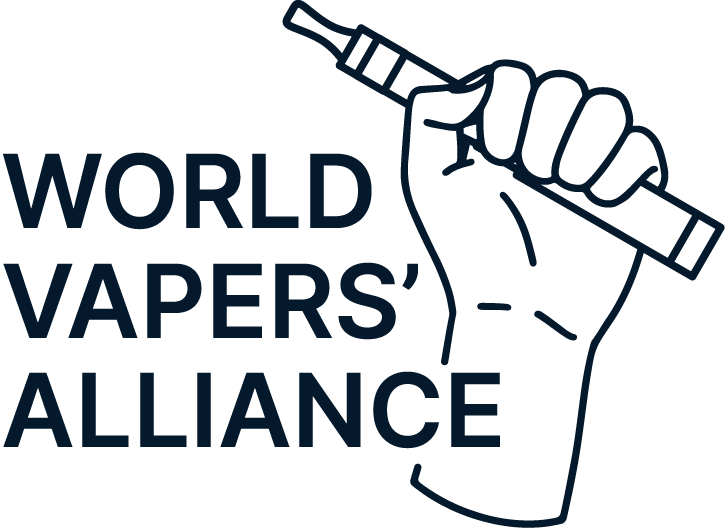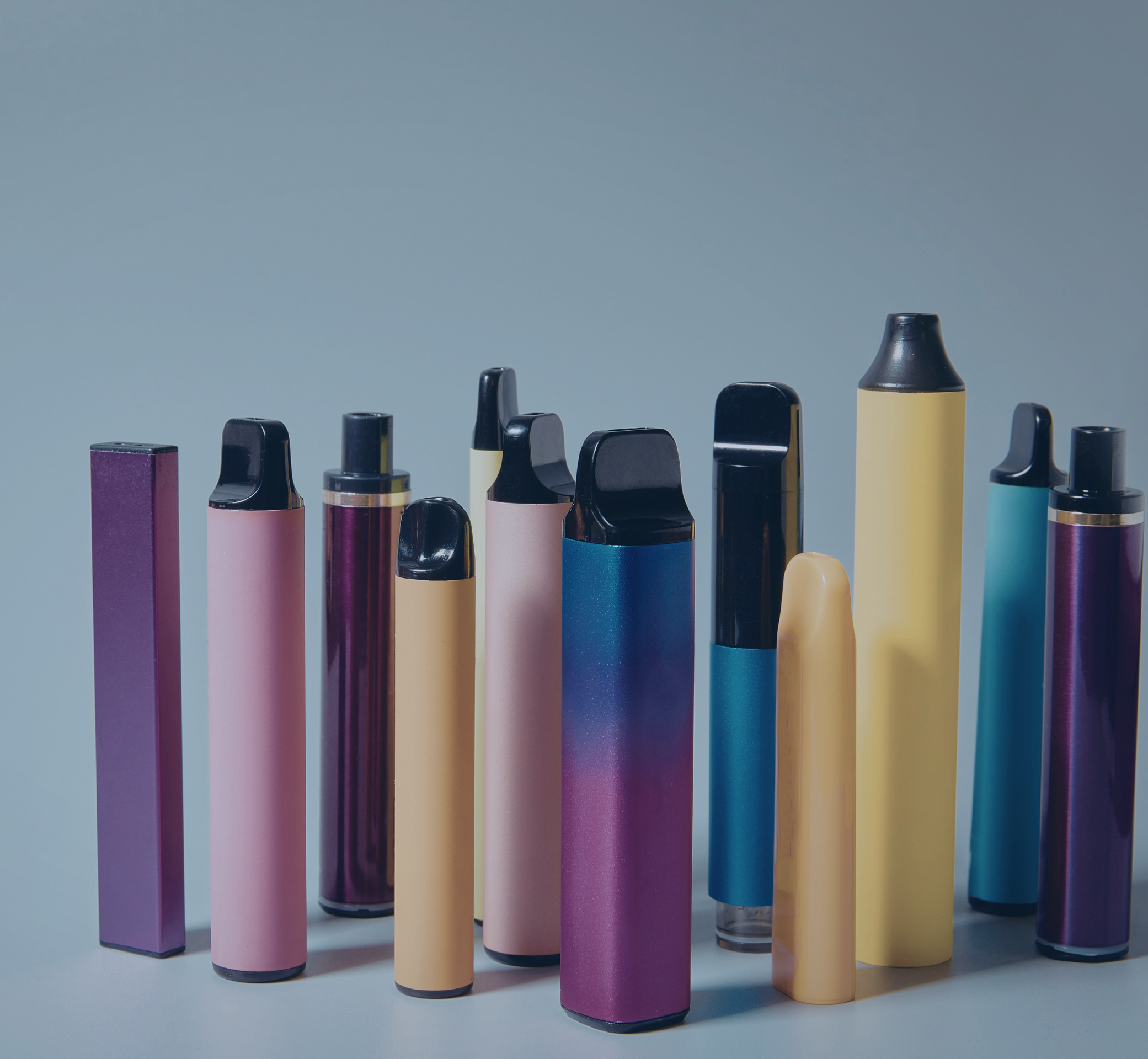ECigIntelligence, organizace specializující se na analýzu trhu a regulace, sledování právních předpisů a kvantitativní data pro globální sektor tabákových a nikotinových alternativ, zveřejnila svůj třetí ročník průzkumu názorů poslanců Evropského parlamentu na nové nikotinové produkty. Světová aliance vaperů tato zjištění ’oslavila“.
Podle nového průzkumu si poslanci Evropského parlamentu méně uvědomují klíčové problémy týkající se nových nikotinových výrobků než v předchozích letech, a to i přesto, že budou v nadcházejících měsících požádáni, aby hlasovali o důležitých nových právních předpisech týkajících se tohoto tématu.
Třetí každoroční průzkum, který provedl výzkumník v oblasti business intelligence Tamarind Intelligence a vydavatel předních zpravodajských platforem ECigIntelligence a TobaccoIntelligence, však ukazuje, že čím více poslanci Evropského parlamentu vědí o nových nikotinových produktech (elektronické cigarety, nikotinové sáčky a zahřívaný tabák), tím je pravděpodobnější, že tyto produkty budou považovat za méně škodlivé než cigarety.
Shrnutí názorů poslanců Evropského parlamentu o vapování, zahřívaných tabákových výrobcích a nikotinových sáčcích:
- Jen velmi málo poslanců Evropského parlamentu se domnívá, že nové nikotinové výrobky by měly být zákonem více omezeny než tradiční tabákové výrobky, a většina z nich se domnívá, že online prodej by měl být povolen dospělým (s ověřením věku). Stále více poslanců si však není jistých.
- Zdá se, že poslanci Evropského parlamentu se ve srovnání s předchozími lety obecně méně často vyjadřují k novým nikotinovým výrobkům, než k nim. Například poslanci Evropského parlamentu, kteří o nových nikotinových výrobcích nemají žádné znalosti, stále častěji uznávají, že neznají jejich rizika.
- Tento trend směrem k nejistotě naznačuje, že si poslanci Evropského parlamentu buď méně věří ohledně své úrovně znalostí o daném tématu, nebo že si uvědomují, že je stále více kontroverzní a zpolitizované.
- Těsná většina odpovědí poslanců Evropského parlamentu považuje nové nikotinové výrobky za méně škodlivé než kouření a pouze malá menšina (19%) je považuje za stejně škodlivé jako kouření. Mnozí si však opět nejsou jisti.
- Zdá se, že úroveň znalostí poslanců Evropského parlamentu o těchto produktech ovlivňuje jejich názory na ně. Například ti, kteří mají znalosti o nových nikotinových produktech, je obecně považují za méně rizikové ve srovnání s těmi, kteří o nich nemají znalosti.
Přečtěte si celý text zde







